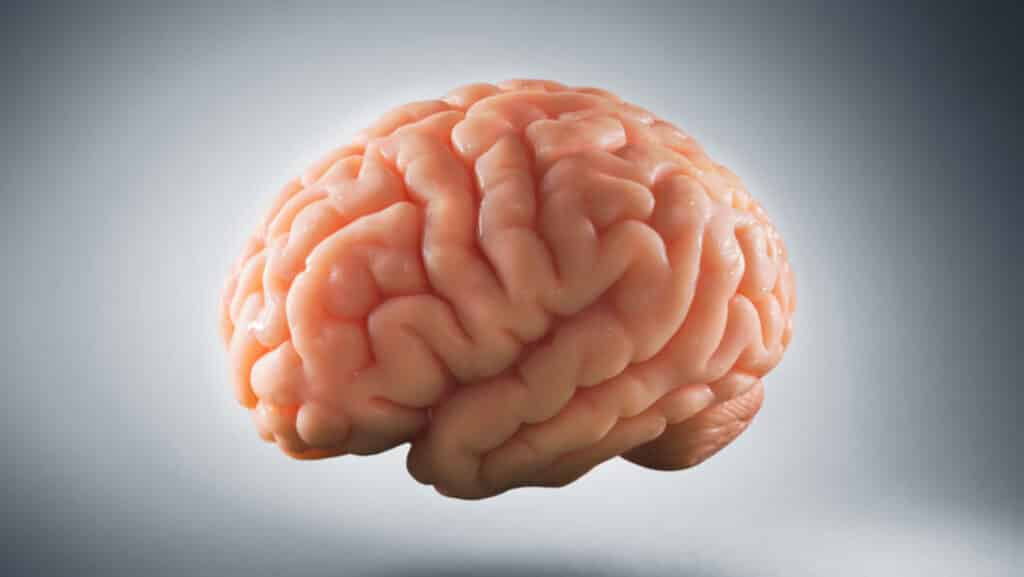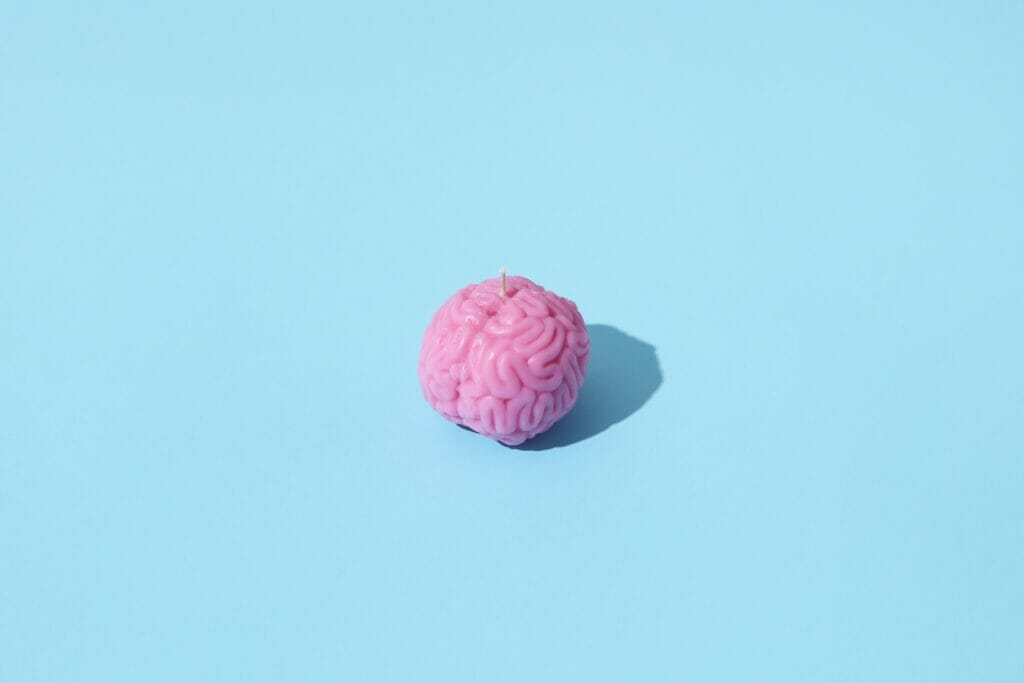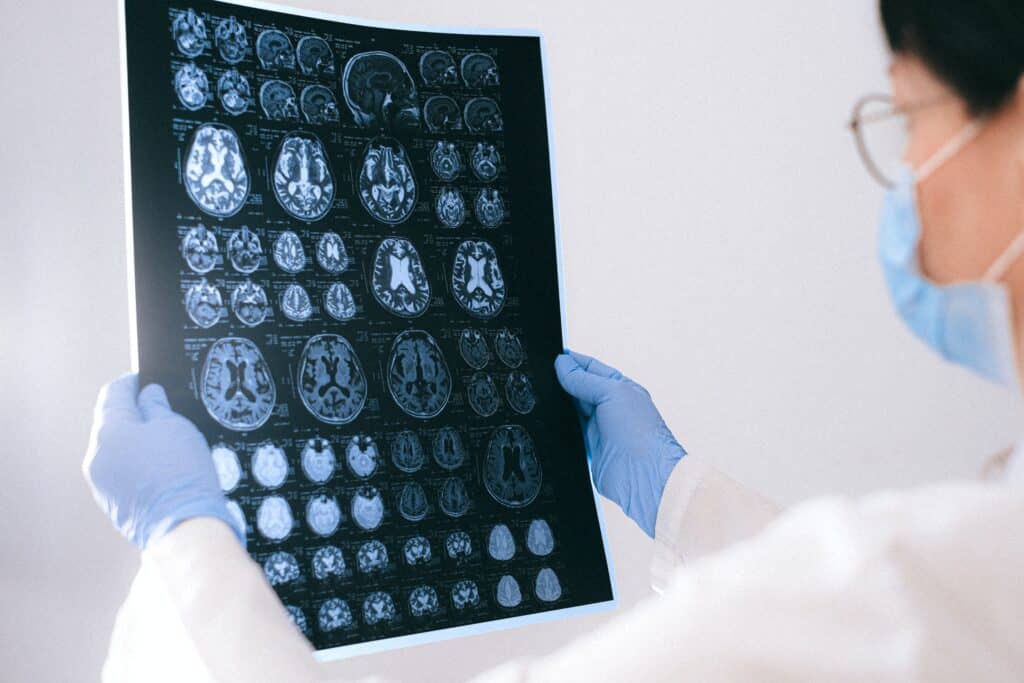
Central Auditory Processing Disorder
Central Auditory Processing (CAP) Information Tammy Riegner, Au.D., Jessica Godovin, Au.D. PA-Newtown Square/Philadelphia: Jessica Loson, Au.D. NJ-Voorhees/Deptford: Jenna Pellicori, Au.D.

Central Auditory Processing (CAP) Information Tammy Riegner, Au.D., Jessica Godovin, Au.D. PA-Newtown Square/Philadelphia: Jessica Loson, Au.D. NJ-Voorhees/Deptford: Jenna Pellicori, Au.D.

Misophonia classification is not necessarily an easy topic. This is particularly not easy because research for the disorder is still

Is Misophonia Mental Illness? What are the facts and theories? The important question to ask when determining the misophonia mental

Many people have wondered, is misophonia neurological? Classifications of disorders are usually based upon their underlying causes. Thus, if a disorder

The human brain is a complex system, consisting of around 80 billion neurons and around 1000-10000 connections between each of

Almost every article about the origin of misophonia begins like this: “Misophonia, which means ‘hatred of sound” was termed by

LeDoux Lab Findings (January 2017) One of the working theories related to mechanisms underlying misophonia is that auditory stimuli

Sound Sensitivity and Auditory Gating Study Marina Kliuchko of the Cognitive Brain Research Unit at the Institute of Behavioural Sciences (University of Helsinki,

Misophonia describes a neurologically based disorder in which auditory stimuli (and sometimes visual) is misinterpreted within the central nervous system.

Would you tell us a little bit about yourself and what you study? I am an experimental psychology Ph.D. candidate
© 2025 Misophonia International is owned and maintened by S. R. Wellness and Media. All billing is under the name S. R. Wellness and Media.